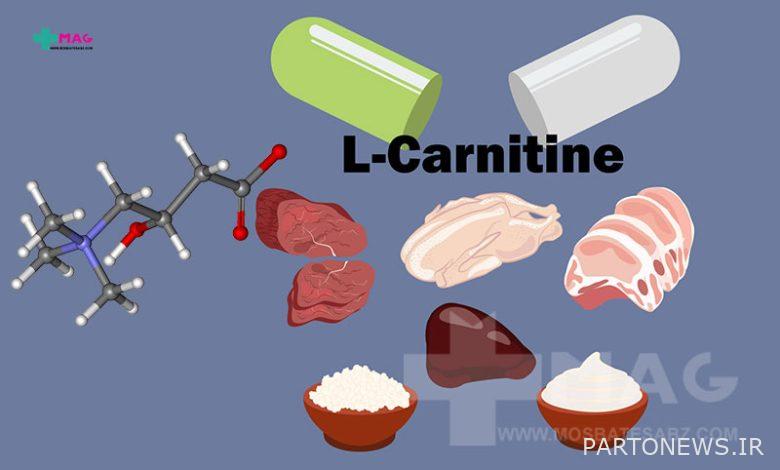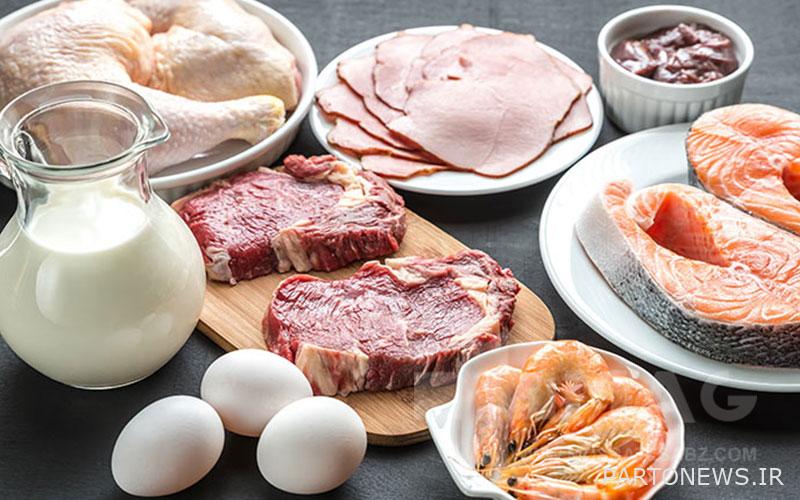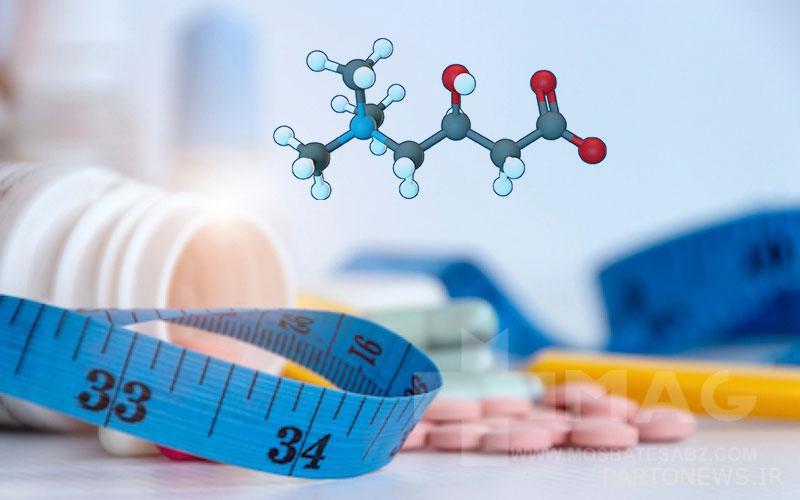In which foods can natural L-carnitine be found? / Positive Green Online Pharmacy Magazine

Carnitine is found in almost all cells of the human body. The name carnitine is derived from the name meat in Latin. L-carnitine, acetyl-L-carnitine, and propionyl-L-carnitine are all compounds of carnitine, with L-carnitine being the most famous. L-carnitine is the most popular fat-burning bodybuilding supplement. But can we find this substance in food? Yes; Foods that increase L-carnitine in the body We will introduce you in this article. What is natural L-carnitine?
What is L carnitine?
L-carnitine is responsible for transporting fatty acids to mitochondria in the human body. L-carnitine plays an important role in energy production. Mitochondria exist inside every cell of the body and produce the energy needed by the cells. The human body creates carnitine from the amino acids lysine and methionine. You can find natural L-carnitine in meat and some other animal products.
Related posts
What are the natural sources of L-carnitine?
Which foods contain L-carnitine? Foods containing L-carnitine are mostly animal products such as dairy, chicken and meat.
Among foods, red meat contains the highest amount of L-carnitine.
Here we introduce the sources of natural L-carnitine:
| food source | Amount of L-carnitine (mg) |
|---|---|
| 115 grams of beef steak | 162-56 |
| a cup of milk | 8 |
| 115 grams of chicken breast | 3-5 |
| 56 grams of cheddar cheese | 2 |
Non-animal sources of L-carnitine include whole-wheat bread and asparagus. People whose diet is rich in red meat consume an average of 60 to 180 mg of carnitine per day. A person on a vegan diet typically consumes between 10 and 12 milligrams of L-carnitine.
Studies show that the human body absorbs 54 to 86% of carnitine in the bloodstream through food intake. But when it is used as a supplement, only 14-18% of it is absorbed. Therefore, it is better to use natural L-carnitine found in food to supply the L-carnitine needed by the body.

Non-animal sources of L-carnitine
You can rarely find natural L-carnitine in non-animal sources, but there are a few:
2 palms of whole grain bread has 0.2 mg of L-carnitine and half a cup of asparagus has 0.1 mg of L-carnitine. These amounts are very small compared to L-carnitine found in animal sources, but they can meet the body’s needs to some extent.
When does L-carnitine deficiency occur?
Carnitine deficiency in the body may occur in 2 cases:
Primary carnitine deficiency is a genetic disorder that occurs in the cellular carnitine transporter system and is characterized by symptoms of cardiomyopathy, skeletal muscle weakness and hypoglycemia It appears and shows itself. This type of L-carnitine deficiency usually shows its symptoms by the age of 5 years. Secondary carnitine deficiency may be caused by some disorders such as chronic kidney failure or due to the use of some antibiotics. Because in this case the absorption of carnitine decreases or its excretion from the body increases. In this case, L-carnitine supplementation is recommended.
Therapeutic properties of L-carnitine
We introduced natural L-carnitine sources to you. L-carnitine is used for a wide range of diseases and conditions. In fact, carnitine has antioxidant properties and prevents cell damage by eliminating free radicals. L-carnitine capsules may be prescribed to help treat the following problems:
- Treatment of heart failure or attack
- Improvement of angina pectoris
- Treatment of diabetic neuropathy
In one study, it was found that acetyl L-carnitine is as effective as methylcobalamin treatment in the treatment of diabetic peripheral neuropathy. Acetyl-L-carnitine has shown moderate effects in reducing pain. But more research is still needed on the benefits of L-carnitine. L-carnitine tablets are also used to help treat Alzheimer’s, impotence and compensate for the lack of this substance in AIDS patients.
Read more: Is L-carnitine useful or harmful for fatty liver?

L-carnitine for athletes
In addition to natural L-carnitine, athletes can also use L-carnitine as a sports weight loss supplement. L-carnitine supplementation improves sports performance in athletes and bodybuilders through different mechanisms. Research shows that L-carnitine supplementation has the following benefits in exercise:
- It alters glucose homeostasis
- It increases the production of acetyl L-carnitine.
- It changes the way the body reacts to exercises.
- Increases resistance to muscle fatigue.
- Increases muscle strength.
- And most importantly, it helps to burn fat and lose weight.
A 2016 study found that L-carnitine may reduce oxidative stress during exercise. In this case, fatigue after training is reduced and recovery may be accelerated.
L-carnitine daily intake
You can easily supply natural L-carnitine to your body by consuming foods that have animal sources. But if you want to use L-carnitine as a supplement, it is better to familiarize yourself with the recommended dosage. It is usually recommended to take 500 mg to 2 grams of L-carnitine per day. Acetyl L Carnitine is the best type of carnitine to help maintain brain health and improve brain function. In sports, carnitine is often used as an L-carnitine supplement.
In order to help with weight loss, the recommended dose of L-carnitine is usually 2000 mg per day. However, it is better to ask your trainer’s opinion about the dosage to use the standard dosage.
final word
What is meant by natural L-carnitine? You may think that L-carnitine is just a sports supplement, but you should know that this substance is found in almost all cells of the human body and plays a significant role in energy production. Natural L-carnitine means the same L-carnitine found in food. Red meat has the highest amount of L-carnitine among foods. However, L-carnitine is also present in other animal products such as milk. You can also benefit from L-carnitine in small amounts in asparagus and whole grain bread.
In some cases, L-carnitine tablets are prescribed to compensate for L-carnitine deficiency in the body. Athletes may also use L-carnitine supplements to help lose weight and improve athletic performance. Do you have experience using L-carnitine?
Please rate this article
[مجموع: ۳ میانگین: ۵]


